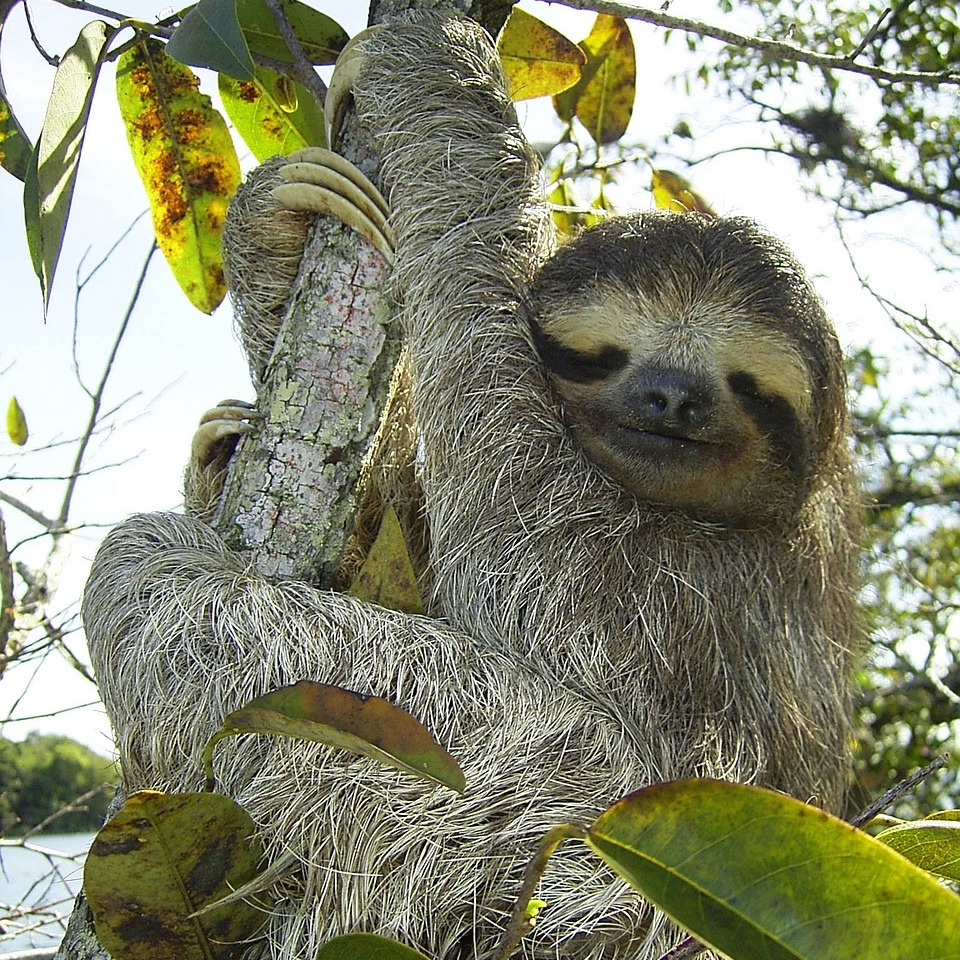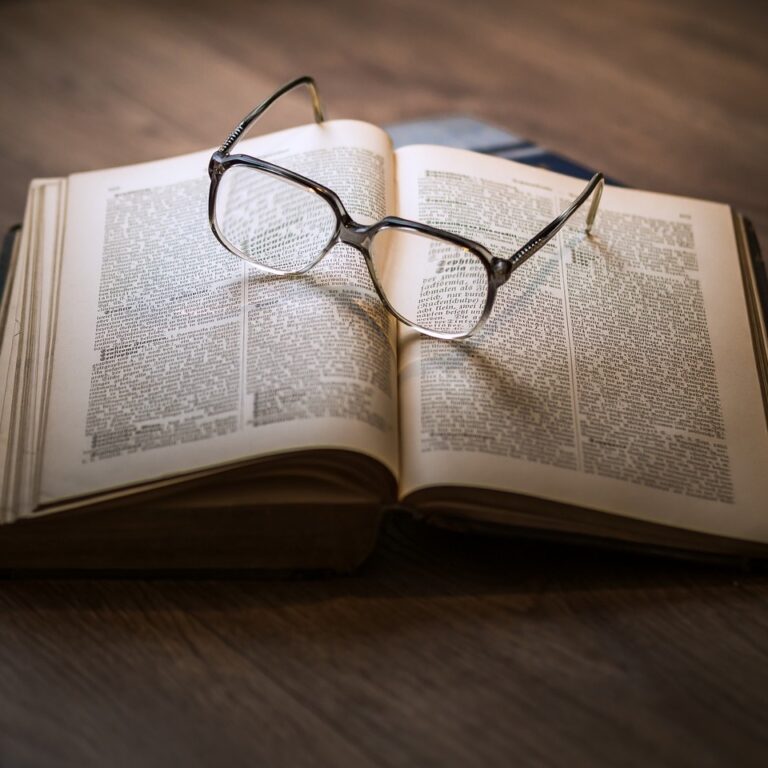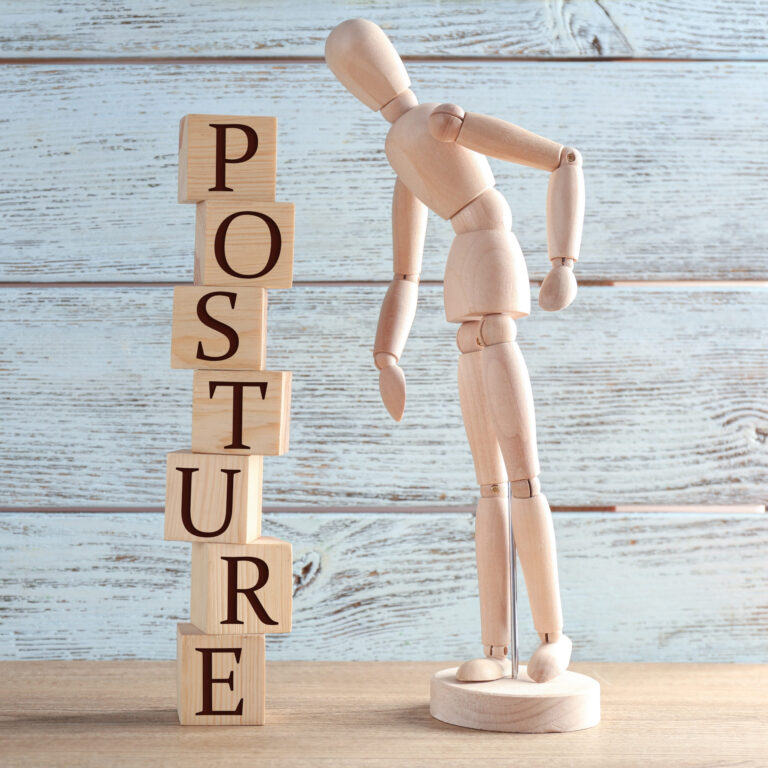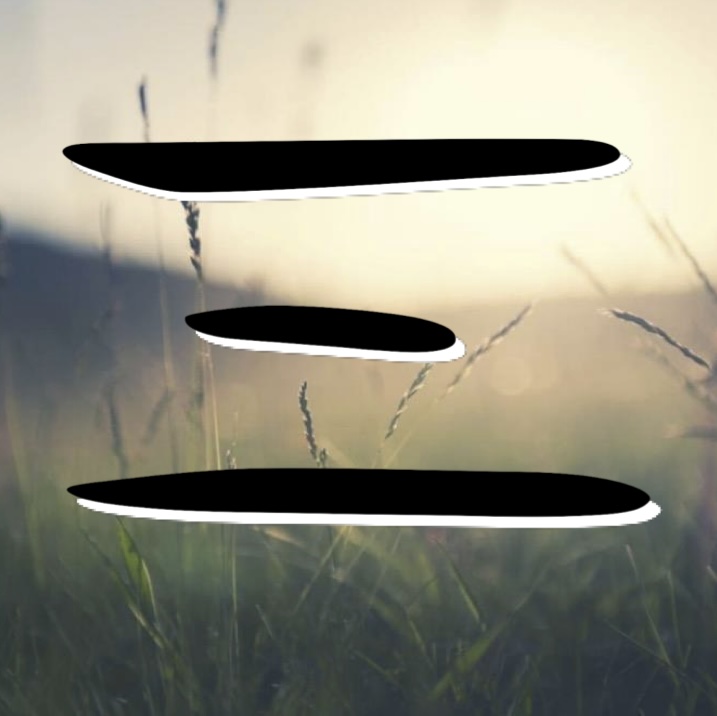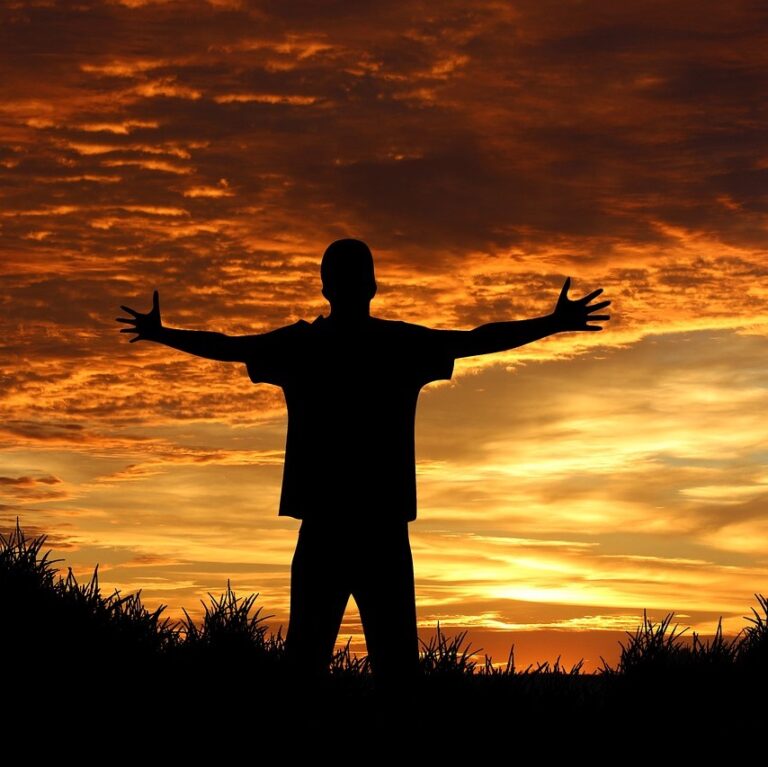A mantra of laziness? Thoughts on wú wéi (无为)
There are some things that are better learned through application and experience than through discussion and research. To me, wú wéi is one of those things.
Often translated as non-action, the concept feels somewhat at odds with the busy modern society that we inhabit. In many ways it is the antithesis of modern day life, and the fact that this approach is so different to our usual experience is precisely why it is such a useful and helpful perspective.
Is it a mantra of laziness, or is there something deeper in the idea of non-action?
A qigong perspective
Although the concept of wú wéi is ever present within the practice of qigong, it is not often discussed. This is probably because it doesn’t correspond with most people’s reason for taking up qigong, it’s more of a paradigm shift that arises and evolves through practice. Having said that, the concept should probably be introduced far earlier than would be traditional in training, as the core tenet or the concept is so important.
A good starting point in the exploration of wú wéi is one of the multitude of definitions of qigong. When we translate qi as energy and gong as skill we point towards the idea that through qigong practice we become increasingly skilful with the way in which we use our energy.
With this in mind, and to keep things simple and focussed, let’s consider our energy to be the mental or physical effort that we apply to a task. Without effort, we would be unable to see the task through. This is the same whether the task is thinking through a situation or scenario, or doing something more physical. Without effort, without our energy, we would not be able to complete the task.
Now imagine that your energy is a precious resource. Imagine it’s something that needs to be spent wisely as it’s not easily replenished. While we may have boundless energy in our youth, we may want to be able to keep something in reserve to ensure you enjoy the whole of your life. With this in mind, consider how you would best use your energy. Let’s be more specific here:
- How much energy would you assign to worrying about things that may never happen?
- How much energy would you assign to holding onto reliving past events?
- How much energy would you assign to going to building financial wealth versus enjoying life?
Based on our past experience and our aims and ambitions, we are all likely to allocate our energy very differently, but the underlying question is really about how we waste our energy.
The concept of wú wéi is very much present in this question, how do we waste our energy?
Choosing your battles wisely, a proactive approach.
I’m sure that we can all look back at scenarios that we have wasted too much energy on. With the benefit of retrospect, we can all see ways in which we could have handled situations in a more effective and efficient manner and it’s this learning through hindsight that gives us the opportunity to move forward in a more informed way.
While hindsight is a great asset, taking the time to assess any given situation before engaging is a strategy that I’m sure seems sensible. The concept of choosing your battles wisely is definitely good advice, but within this there is also the question of how much energy are you going to allocate to planning compared to how much you allocate to doing.
By choosing our battles, we take the time to choose how to use our energy and we move closer to the true nature of wú wéi. This is not wú wéi in its purest sense, but it is moving in the right direction.
Pure wú wéi
Asking the questions about how we should use our energy in doing and planning helps us to move towards the pure idea of wú wéi, but there is a key ingredient that is missing, or maybe we should say that there is something in the mix that shouldn’t be there.
When we consider the way in which we use our energy, there is always an aspect of our own narrative, our own ideas and identity that is at play. Choosing to take a stand against something or choosing to create something that doesn’t exist, is still based in judgement of what should and shouldn’t be. The effort may be worthy, but it’s still effort, you’re still using your energy, you’re still engaging in Yin and Yang.
When we remove our narrative of what is needed and what should be destroyed, we remove the idea of taking sides and thereby allow ourselves to simply observe the interaction of opposing forces. Taking this step back means that we are no longer engaged in Yin and Yang, we are now simply observing Yin and Yang interacting and developing our understanding of how these two opposing forces are responsible for both construction and destruction of everything around us.
Going beyond our personal narrative and being able to overcome our judgement is a key skill in truly understanding wú wéi. Although the concept of non-action may be unique to Daoism, the process of overcoming our judgements is common to many traditions and is key to truly experiencing the state of wú wéi. We see this in the words of the Sufi poet, Rumi in his poem A Great Wagon:
“Out beyond ideas of wrongdoing and rightdoing, there is a field. I’ll meet you there.”
Maybe we could call this field wú wéi…
Finding wú wéi in the real world.
From the starting point of understanding how we can be more skilful with our energy to the purest ideas of wú wéi is a journey that is ongoing in all qigong practitioners. We are all at different stages of our journey and while there will be times that it is easier to engage in non-action, in observation without judgement, the idea that this can become a perpetual state almost definitely remains a pipe dream.
Pipe dream or not, this should not put us off trying. There are many scenarios that we can find ourselves in in which we can observe the way our energy is drawn. We should live with an awareness of wú wéi and continue to refine our ability to know when it’s wise to use our energy and when it is not.
At some point we will not only be ready to go and meet Rumi in the field beyond wrongdoing and rightdoing, we will be able to stay there and enjoy it for longer periods of time, we will be able to sit in the state of wú wéi.
